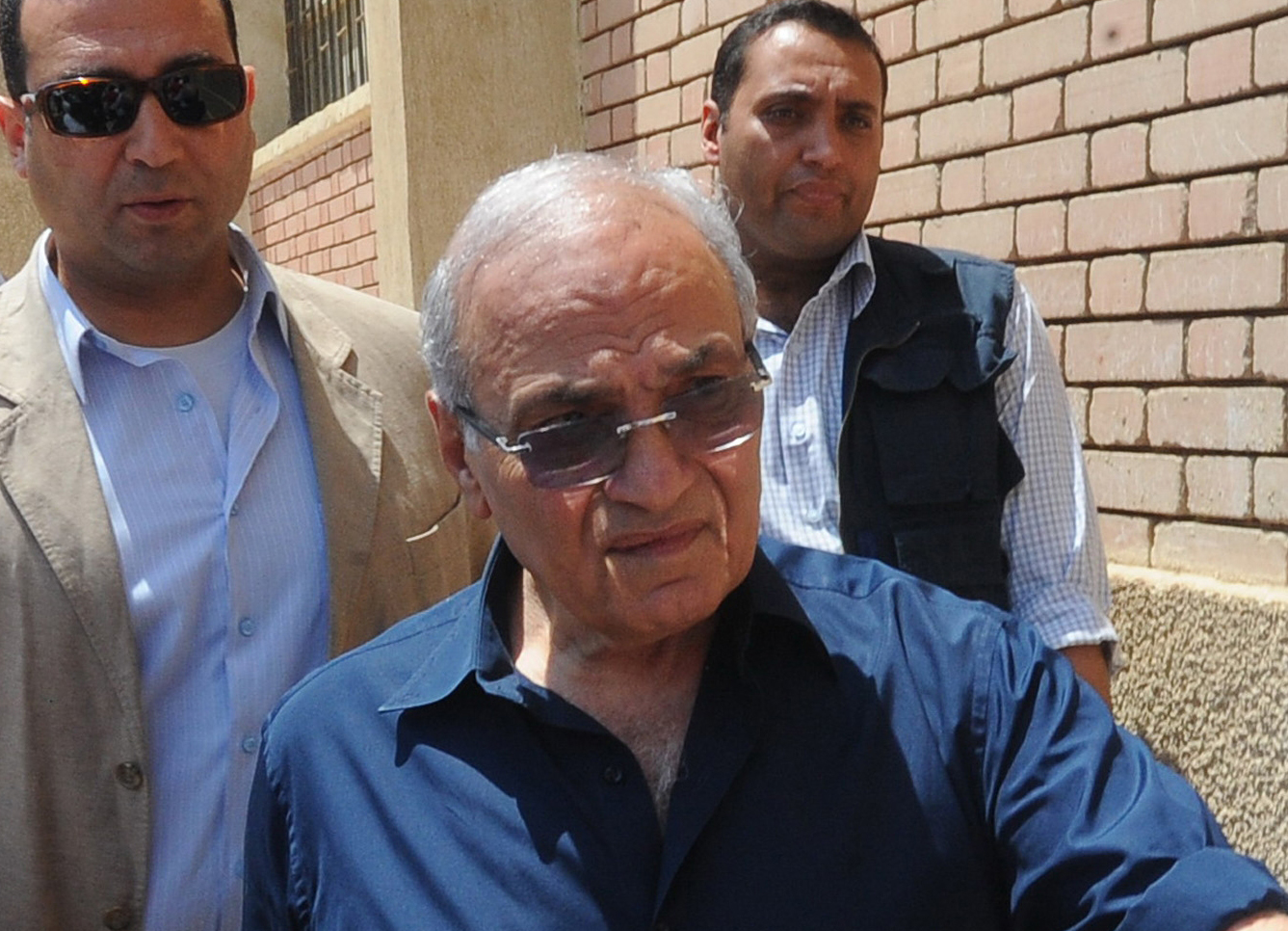Only days have passed since the Geneva Accords to lay down a road map for restoring stability to Libya.
But differences and divisions have quickly erupted between the parties for the Libyan Parliament to convene to hold a session for consultations regarding confidence-granting procedures for the new government, led by Abdul Hamid Dbeiba.
This comes after two calls were directed to hold two sessions on the same date, one in Tobruk, and the second in Sabratha, east of the capital Tripoli.
The sequence of events confirms that the matter was not a coincidence, but was planned by external parties seeking to thwart the passage of the government from inside Libya. These parties fear that the new government will threaten their illegal security and economic agreements.
According to news agencies, some members of the House of Representatives, including representatives from eastern Libya, arrived in Sabratha in western Libya, to hold the consultative session.
This coincided with the session called by the Speaker of Parliament, Aguila Saleh, in Tobruk on the same day and the same hour. This deliberate conflict between the date of the two sessions opens the door for a new debate about the legality of each of the two sessions, and the legality of the invitation from each party.
This controversy also impedes granting confidence to the government, which is facing a tight timetable within a specific period of its mandate and cannot tolerate such a delay.
The division of Parliament will undoubtedly affect the troubled political scene in the country, and reduce the ceiling of aspirations that rose after the consensus achieved between the sects of Libyans in Geneva.
Everyone had hoped that the current consensus between the Libyans would be preserved until the implementation of the road map was completed for Libya to get out of the dark tunnel and the Geneva outcomes would be implemented.
This is the only remaining opportunity before returning to arms becomes the only compulsory direction that everyone will have to walk in it. In this case, the only winner will be the malicious parties that seek to complete their suspicious agreements.
Also, what is happening is closely related to the poles of the political conflict in Libya, which was evident in Dbeiba’s election as head of the new Libyan government, and the current Minister of the Interior Fathi Bashagha. The latter had aspired to remain in the same position within the new government, after he failed to reach the premiership.
This speculation intensified as Dbeiba began selecting members of the government, in addition to the rapid moves by Bashagha, who held a meeting last week with employees of the Ministry of the Interior that raised various analyses regarding his goals.
Some observers believe that Bashagha seeks, through that meeting, to send messages that he controls the ministry and it is not easy to dislodge him or remove him from the position. Others, however, see that this meeting and the speech he delivered comes as an early electoral campaign.
This current scene is not far from what happened previously, for the Government of National Accord (GNA) has split in recent years into two currents: one in support of Al-Sarraj and another for Bashagha. The latter appeared to have the upper hand during the battle to counter the army’s attack on Tripoli due to his influence and control over the militias.
It is important here to refer to what international reports have mentioned about the formation of the new Libyan government, most reports confirm that the formation of the new government will only take place in two cases.
The first case is if the UN envoy to Libya, Stephanie Williams, had previously agreed on this government and its formation. The second case is for Dbeiba to be able to form a flexible government capable of responding to the fluctuations in Libya.
These reports find support on the ground, and those observers who support them consider that the Ministry of Interior is the most difficult party that determines political and security equations and calculations in Libya.
This is if the army is excluded so that it is difficult to imagine that Bashagha will easily give up his security papers and his private relations with armed militias in Misrata and the Libyan west.
Regardless of these readings, which seem to be governed by the equations of the internal Libyan conflict, Dbeiba’s choices will remain dispersed between the calculations imposed by the balance of political forces.
These are in parallel with its strategic balances that are linked to the influence and power of the militias, which constitute one of the most important challenges that Dbeiba will face in the coming days.
Estimates vary about the extent of Dbeiba’s success in forming his ministerial team quickly, and with this, there is increasing speculation about the possibility of a return to the use of force of arms on the ground.
Dr Hatem Sadek: Professor at Helwan University


